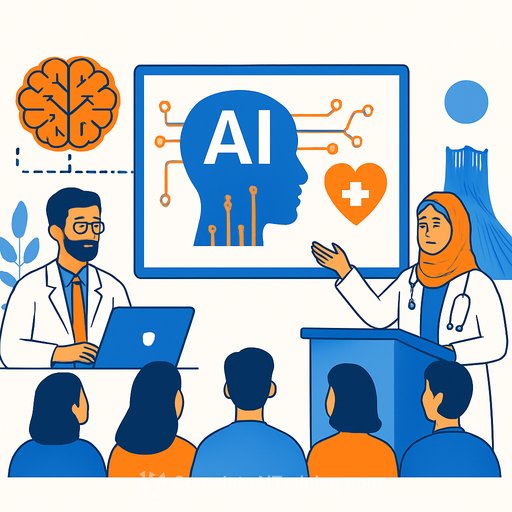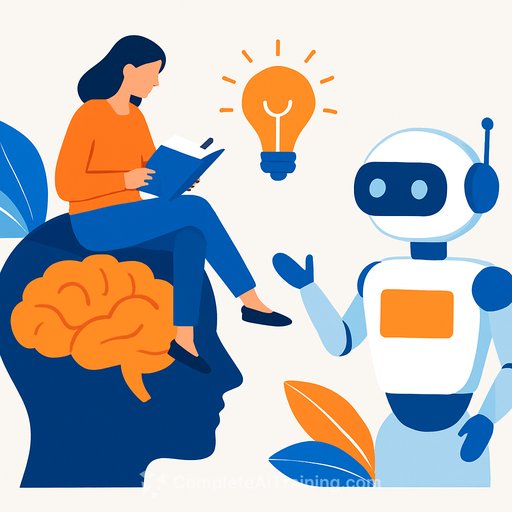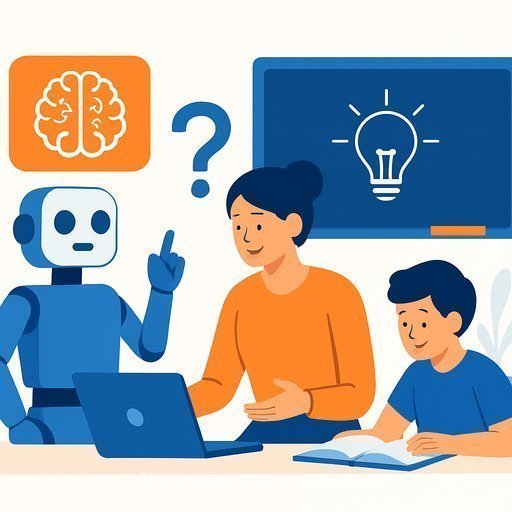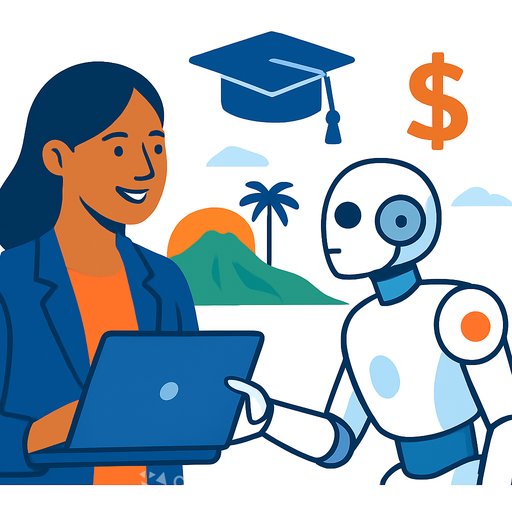First International AI Symposium in Health: What Educators Should Prepare For
On November 5, the National Institute of Genetic Engineering and Biotechnology in Tehran will host the first international AI symposium focused on education, research, diagnosis, treatment, and production in the health sector. The agenda centers on three tracks: AI in education and research, AI in diagnosis and treatment, and AI in health products and business.
If you teach in medical, public health, or biomedical programs, this event signals a clear direction: graduates will need AI fluency across clinical, research, and commercialization contexts. That means updating curricula now, not later.
Why this matters for educators
Healthcare is moving from intuition-first to data-first decision-making. Students must learn to question model outputs, trace data provenance, and communicate risk to patients and teams.
- AI in education and research: Build modules on data quality, bias, and model evaluation; hands-on labs with de-identified health data; reproducible workflows; and interdisciplinary teamwork with engineering and ethics.
- AI in diagnosis and treatment: Case studies on clinical decision support, triage tools, and imaging analysis; assignments on error analysis, false positives/negatives, and clinician oversight; simulation-based decision-making.
- AI in health products and business: Product lifecycles, regulatory basics (AI/ML in medical devices), privacy-by-design, validation studies, and cost-effectiveness modeling.
Current use cases to teach
Today, the most common roles for AI in clinical settings are clinical decision support and medical imaging analysis. Decision support tools surface relevant research and patient-specific insights to inform treatments, medications, and mental health plans. Imaging models scan CT, X-ray, and MRI for lesions or patterns a human might miss.
Beyond that, AI supports disease diagnosis, personalized treatment plans, faster clinical trials, and R&D in pharma. These examples make strong capstones: students can evaluate model performance, safety, and workflow integration-not just accuracy on a benchmark.
Policy notes you can reference in class
Health leadership in Iran has highlighted AI, telemedicine, and mobile health for managing non-communicable diseases. Priorities include building smart healthcare systems, preventive education, and improving health literacy-along with using modern tools to reduce costs and expand access.
A recent agreement between national science authorities and Tehran University of Medical Sciences focuses on omics and genomics, cell therapy in endocrinology and metabolism, person-centered medicine using AI for prevention through treatment, and commercialization. For teaching, this maps to a translational pipeline: data generation, model building, validation, regulatory readiness, and adoption.
Impact and cost figures worth citing
Reported outcomes suggest sizable savings: around 40 percent in healthcare costs with AI in advanced systems, and up to 80 percent in targeted areas such as breast or lung cancer workflows. Use these figures to frame ROI discussions alongside ethics, safety, and equity.
Practical next steps for your program
- Audit your curriculum: where do students learn data ethics, bias mitigation, and clinician-AI collaboration?
- Ship three quick wins this term: a CDS case review, an imaging error analysis lab, and a privacy impact assessment exercise.
- Secure one partner brief from a hospital or clinic for a semester project (de-identified data and clear success metrics).
- Create an internal review process for AI-related coursework covering consent, security, and model risk.
- Upskill faculty with short courses and peer workshops; formalize an assessment rubric for AI projects (safety, fairness, usability, clinical value).
Follow the conversation and keep learning
If you can't attend, track outcomes and incorporate them into spring syllabi. For a solid policy anchor, review WHO's guidance on AI in health and core NCD resources:
Need structured options for faculty or student upskilling? Explore role-based AI course paths here: Complete AI Training - Courses by Job.
Event snapshot
- Host: National Institute of Genetic Engineering and Biotechnology, Tehran
- Date: November 5
- Tracks: AI in education and research; AI in diagnosis and treatment; AI in health products and business
Use this moment to align your courses with where healthcare is going-and give your students the skills to contribute on day one.
Your membership also unlocks:






